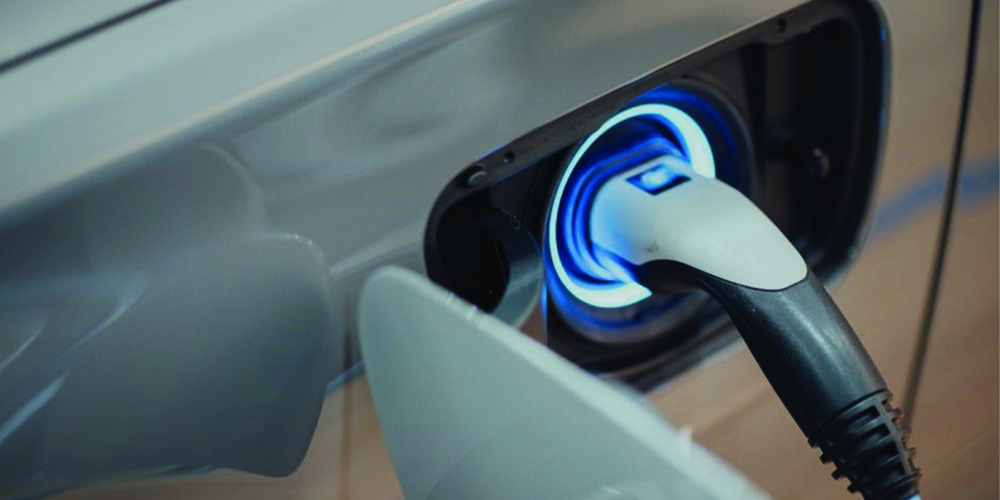If you talk to other shop owners, they will probably share their origin stories. Most stories start with a recap of how they were fed up working for a shop and rolled their toolbox out the door. Many will recount the hardships of old equipment and worries about whether they could pay the parts bill at the end of the month.
But, what if a potential shop owner never left their employers because they were afraid of getting sued due to breach of contract? It would change the audience of this magazine.
Noncompete agreements (NCA) can restrict technicians or other shop employees from seeking employment with a competitor or starting their own business. The original intent of these agreements was to help protect a company’s confidential information, like trade secrets and proprietary business practices.
Two recent studies by the Government Accountability Office (GAO) revealed that 18 percent of workers were subjected to NCAs, and estimated that 38 percent of workers had been subjected to an NCA at some time in their careers.
Employers have historically used these agreements for highly-skilled workers and executives. However, employers surveyed by the GAO reported having all kinds of workers sign them, including lower-wage workers who may not have access to confidential information.
For shops and technicians, NCAs are out there for technicians working as employees and even independent contractors. But, an NCA is a double- edged sword for shop owners and technicians.
Shop owners can use an NCA to prevent an employee from starting their own shop, or working for the competition for a period or within a geographic region. NCAs also can include clauses to prevent the solicitation of customers. But, they also can prevent you from hiring a tech who does not want to sign an NCA.
For technicians, an NCA can restrict your future employment options. It also can open you up to legal costs if the employer decides to enforce the NCA. Even if a previous employer has no case, in some states you will be on the hook for a lawyer and court fees. But, in rare cases, an NCA can be leveraged to increase wages.
The FTC Steps In
In 2022, the Federal Trade Commission (FTC) proposed a new rule that would ban employers from imposing NCAs on their workers. The new rule also proposes requiring employers to rescind existing non-compete clauses.
The FTC said NCAs suppress wages, hamper innovation and block entrepreneurs from starting new businesses. By stopping this practice, the FTC estimated the proposed rule could increase wages by nearly $300 billion per year and expand career opportunities for about 30 million Americans.
The proposed rule will be finalized and voted on in April 2024. Many senators and representatives have said the new rule is an example of overreach by the government, and they plan to contest it in the courts.
Perspective
There are two ways to look at NCAs for automotive repair facilities. Yes, they can prevent unfair competition from employees starting their businesses or taking their knowledge to a competitor. But, if you are afraid of your best technicians starting their own shop or going to the competition, chances are you have more significant problems that need to be addressed within your core business.
If you are a technician, ask if they require you to sign an NCA during the interview process. When signing the documents during the onboarding process, do not sign items you disagree with and consult with the hiring manager.
My opinion is that a poorly written NCA can do more harm than good for a business and its employees. I am still a big fan of handshakes and having an open line of communication.
If you walk into any automotive trade school and ask the students if they want to start their own shop someday, more than half will raise their hands. In reality, 99.9% of these students will go to work for an independent shop or a new car dealership for their first job out of school. Restricting their options with an NCA if they want to change employers is not good for their budding careers. It also could be a barrier to starting their own shop one day.














